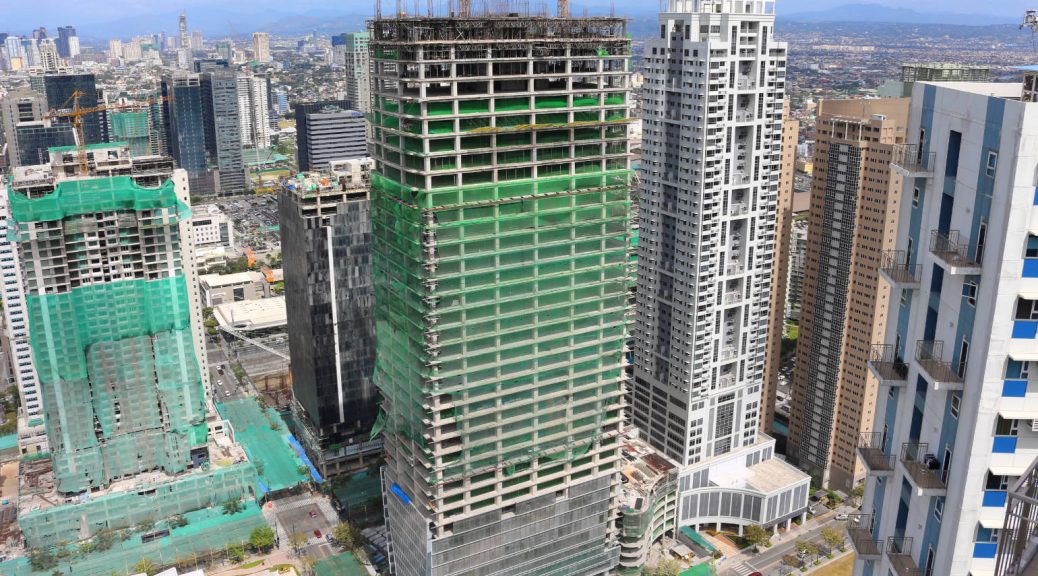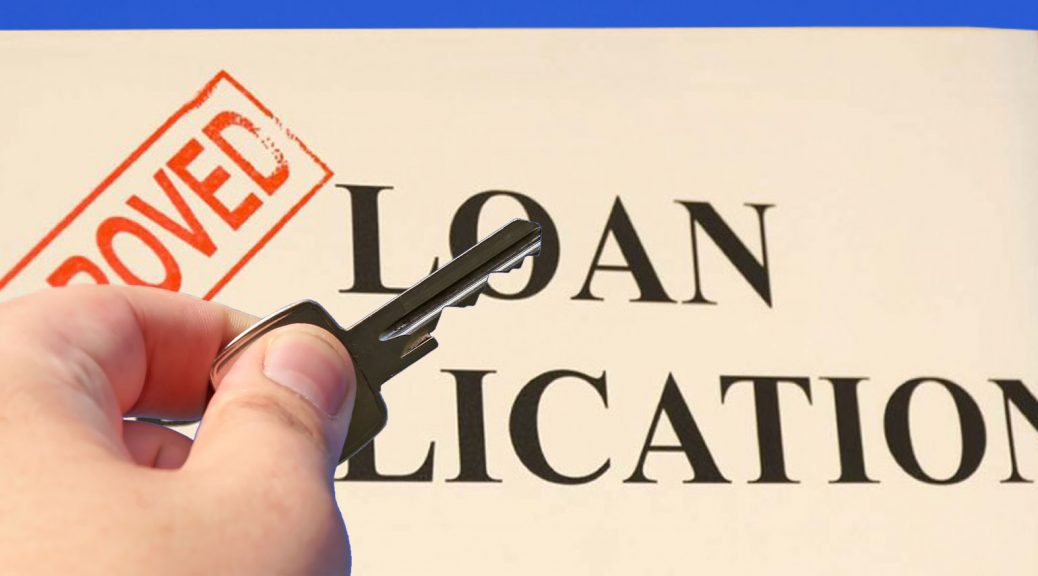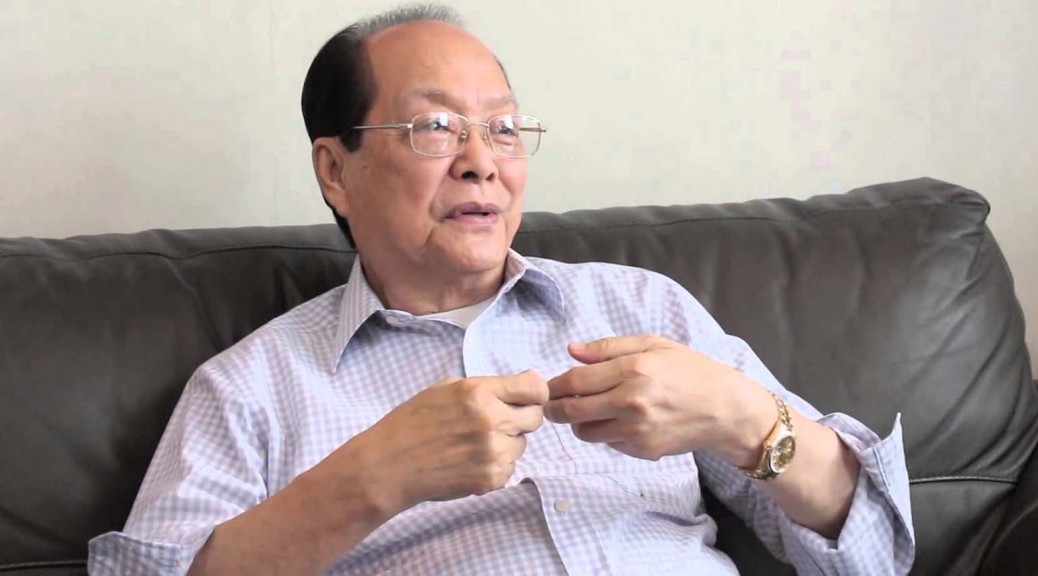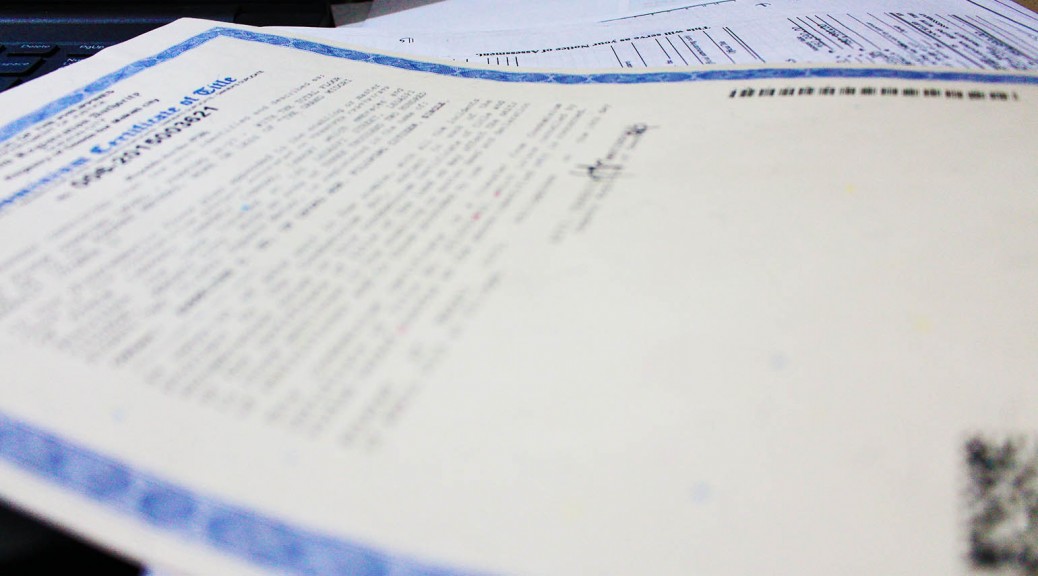
How to Choose a Good Condo Property for Investment
Investing in a good condo unit is currently one of the trends in real property ownership or investment.
Note that condos meant for investment would have to match your personal financial plan. Likewise, since condos are fairly simpler and smaller than its house and lot package counterparts, you can likewise expect fewer issues with regards to maintenance and other similar concerns.
Once you have chosen a great piece of condo property to invest in, you can be assured of a hassle-free living in one of the fastest-growing real estate investment in the country today. However, before you jump into the bandwagon, consider the following factors:

Location and Accessibility
A great developer considers not only the type of materials to be used in the construction of the building, but more importantly, the location in which it will rise.
Take the SMDC condos for example. They are located strategically near various types of establishments such as malls, banks, schools and transportation systems and major thoroughfares. Either that or they have several such amenities within their complex. This includes malls, cinemas and fine-dining restaurants.
Target Market
Condos have a variety of target markets, with developers building and pricing in accordance to the purchasing power and specific needs of the target clients. Potential clients are the upper income class, the middle income class workers, expats and OFW’s.
Note for example SMDC again, they cater mostly to the middle income class people, and had thus taken into consideration various elements important to them such as the location, price and the amenities available to the residents.
Condo Selling Phases
Knowing when it’s best to buy a condo unit according to his purchasing capacity and reason for buying, would give any real property investor that edge in the purchase.
The Pre-Launching Phase is when the units are at their lowest price because the developers have not yet started the constructions. The only setback is that this has the longest waiting time for the client before they can actually move in to the unit. You should also be very careful in selecting a developer when buying condos that are still in this phase.
Next is the Pre-Selling Phase. During this stage, constructions are still on-going. Buyers who want a clearer vision of how the project or the unit would actually look like, usually wait until this stage before purchasing.
The last stage of which is the Selling Phase. All the units, amenities and landscape designs are finished and are usually ready for occupancy. This is good for investors who are looking for a condo property they can immediately put to use to start generating income and return on investment.
However, this is also the phase when the prices for the units have already gone up significantly.
Property Management
A good developer aims at maintaining the functionality and cleanliness of the condo complex. With that, occupant dues or the monthly dues cover for the repairs, maintenance and security expenses. Thus providing a very minimal repair & maintenance cost on the investors’ side.
Return on Investment
If a condo unit is aimed to be rented out, expect to set the rate at about 5% of its market value. That and the percentage of which it would remain vacant throughout the year (which can be safely set at 20%), are factors that should be carefully taken into consideration if the unit purchased is aimed to generate income.
On the other hand, properties in highly urbanized areas have an estimated appreciation value of 3% per quarter. This means that the value (paper value) of the property rises each year at an estimated rate of 12%.
Still, purchase for personal use would outweigh all other factors especially if it would address the buyer’s needs i.e. accessibility to work and other vital locations.
This can still be considered as an important investment when it directly affects the time it takes for the owner to get to his workplace. This would ultimately translate to higher productivity and thus, income.
You might also want to check: Calculating Return-On-Investment For Condo Units
Conclusion
Given all the factors above, you, as a buyer must then be able to determine what would be your best choice, taking into consideration all other personal factors – such as purchasing capacity, the need for the unit and personal preferences – over all other matters related to the acquisition of the property.














